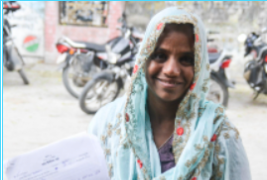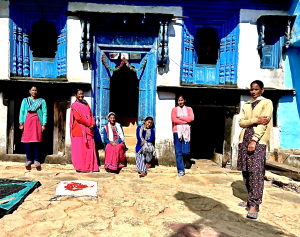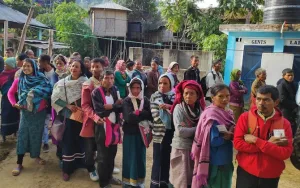[Readmelater]
“They Want To Show Us Our ‘Place’. We Will Continue To Show Up” Shahida Banu Takes Head-On Patriarchal Mores

All images by Surbhi Mahajan.
Support BehanBox
We believe everyone deserves equal access to accurate news. Support from our readers enables us to keep our journalism open and free for everyone, all over the world.












